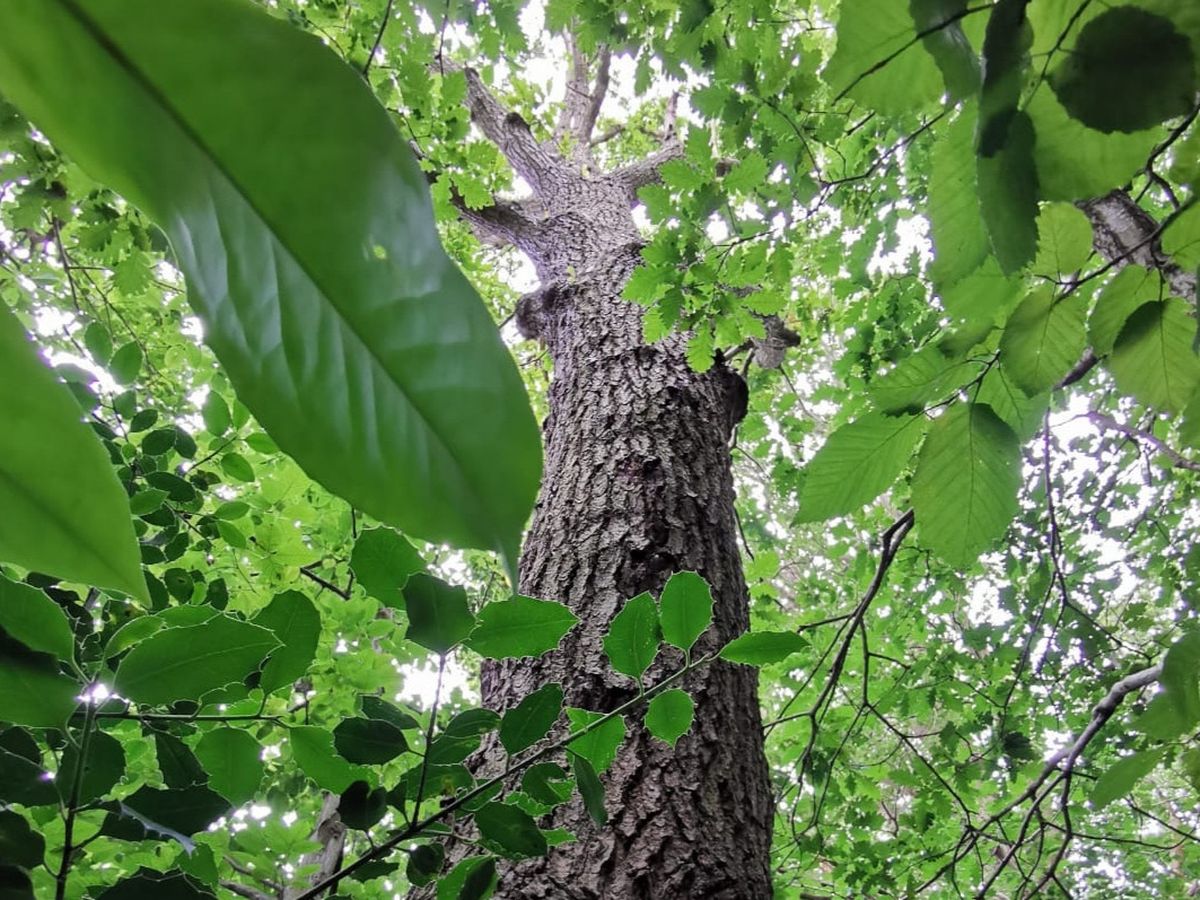We are raising funds to SHIFT the practices of UK insurers which are causing the unnecessary destruction of mature trees.
A typical case has arisen in North London and we urgently need funds in the next week to instruct a solicitor. We hope to set a legal precedent that will also help others oppose similar destructive demands.
Search for #saveQueensWoodOaks and sign the petition: Save the Queens Wood Oaks
Large trees are a community asset and a central support for biodiversity. When a mature tree is felled an entire ecosystem is eliminated with it.
Older houses frequently move on their foundations, cracking their walls. The causes of such subsidence may be complex but insurers constantly demand the felling of nearby mature trees as a first step. This is an easy option for them since it costs the insurers nothing.
Cash-strapped Local Authorities agree to this because they are unable to resist the legal and financial pressure from well-funded insurance giants.
Instead of threatening to charge the local council-tax payers if their demands are not met, insurance companies should accept that adjacent trees are an insured risk to older houses. They should address subsidence claims with well-understood engineering solutions such as root barriers and adequate underpinning, not by destruction of trees which may take centuries to regrow and which impoverishes us all.
A typical case has arisen in North London and we urgently need funds in the next week to instruct a solicitor. We hope to set a legal precedent that will also help others oppose similar destructive demands.
Search for #saveQueensWoodOaks and sign the petition: Save the Queens Wood Oaks
Large trees are a community asset and a central support for biodiversity. When a mature tree is felled an entire ecosystem is eliminated with it.
Older houses frequently move on their foundations, cracking their walls. The causes of such subsidence may be complex but insurers constantly demand the felling of nearby mature trees as a first step. This is an easy option for them since it costs the insurers nothing.
Cash-strapped Local Authorities agree to this because they are unable to resist the legal and financial pressure from well-funded insurance giants.
Instead of threatening to charge the local council-tax payers if their demands are not met, insurance companies should accept that adjacent trees are an insured risk to older houses. They should address subsidence claims with well-understood engineering solutions such as root barriers and adequate underpinning, not by destruction of trees which may take centuries to regrow and which impoverishes us all.

